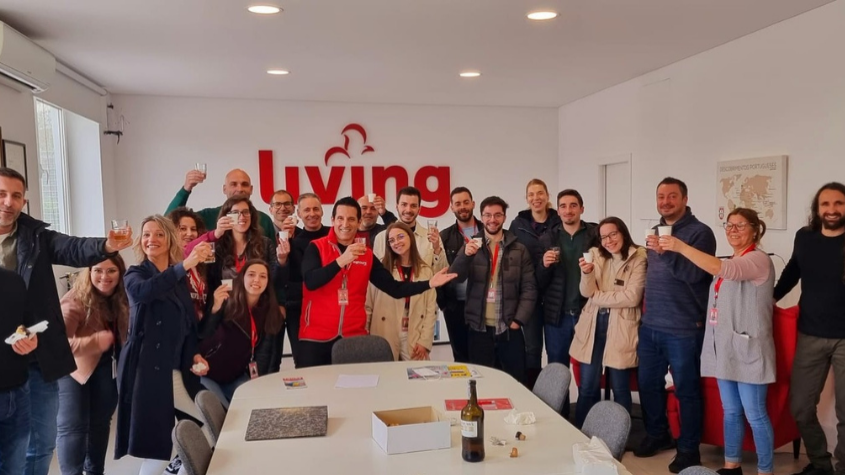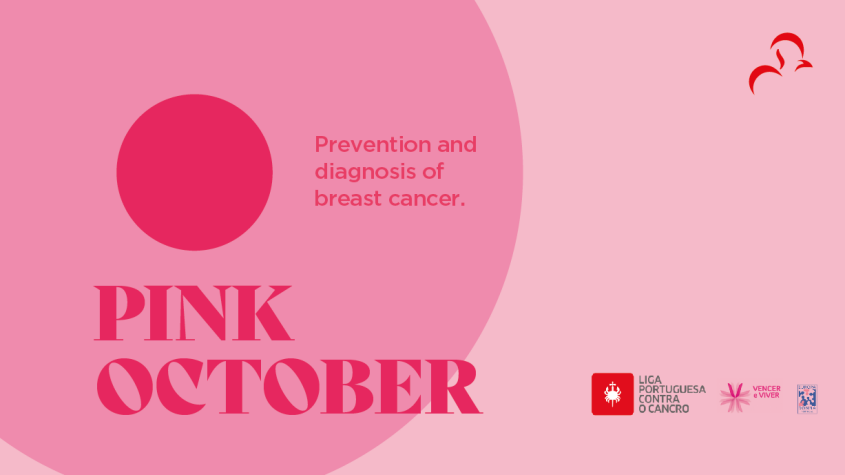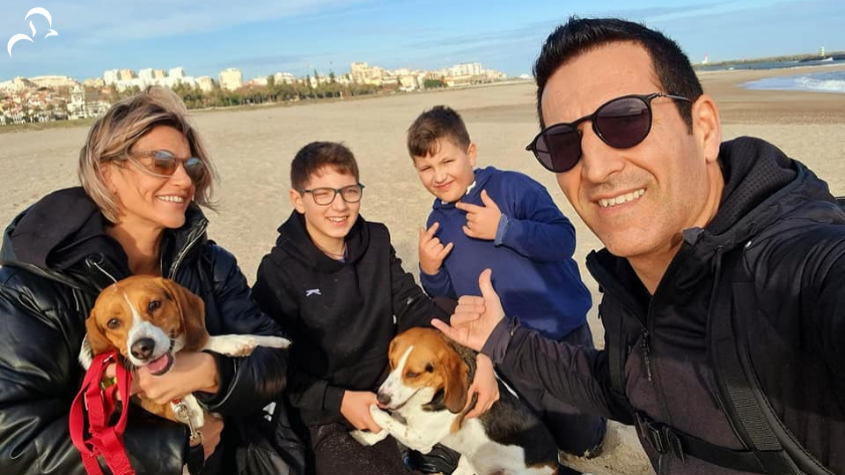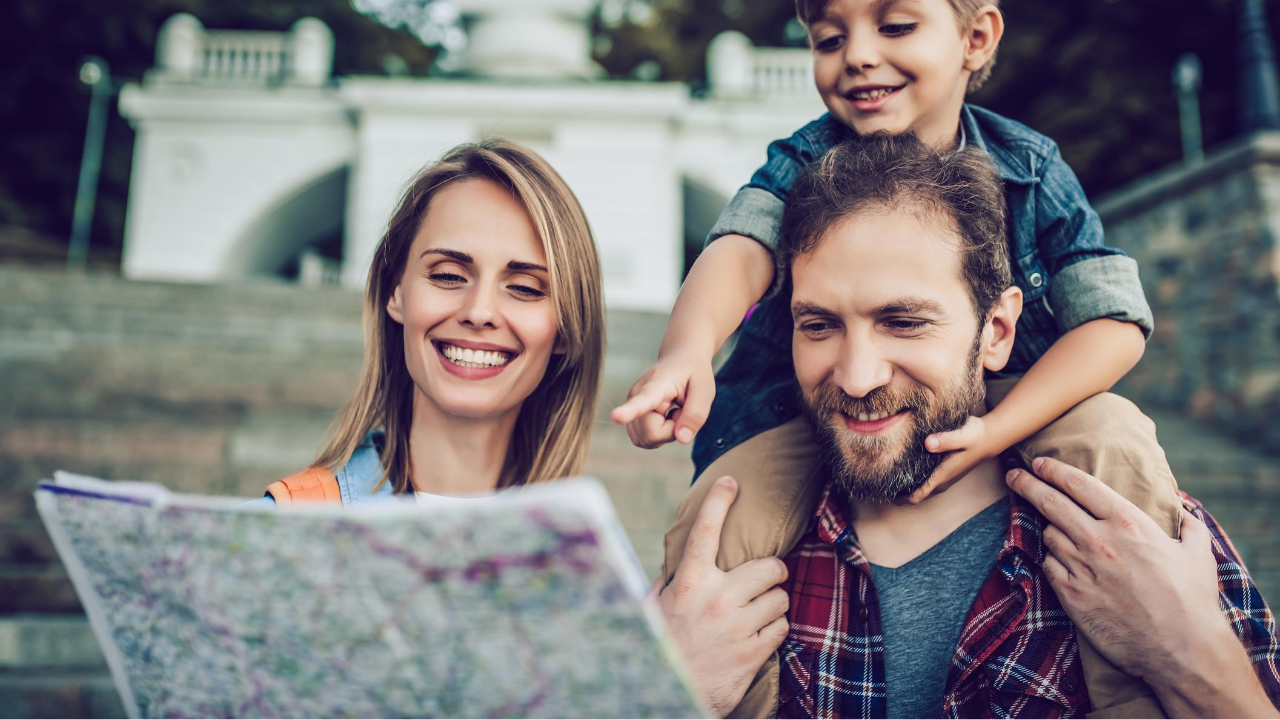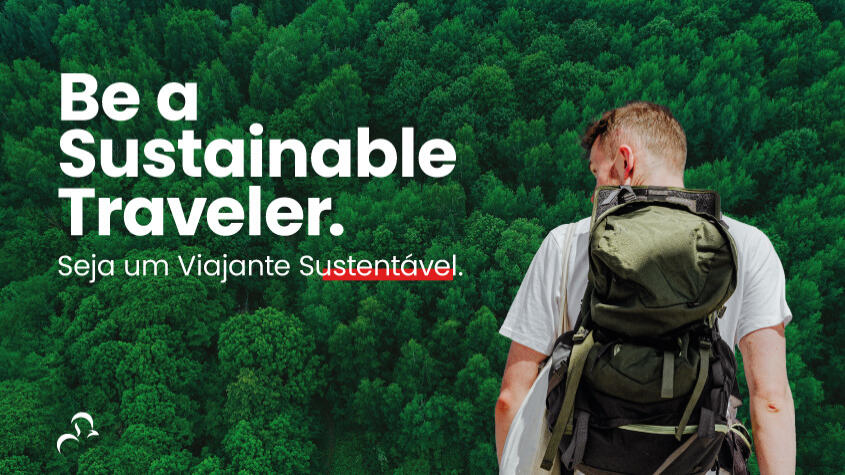
Responsible Traveller' s Manifesto
“Traveling is DISCOVERING other ways of living, being and of existing in the world.
IT IS UNDERSTANDING that our planet is as finite as it is vast, and that humanity is both so similar and so different.
It’s RESPECTING those differences and embracing them, making them our own, and PRESERVING their existence just as they are.
It's SHARING with those we encounter, with those who will soon depart and with those we meet along our journey.
Because that’s what traveling is all about: LIVING ”
Traveling is one of the most enriching experiences we can have . It's much more than checking off famous landmarks or taking beautiful photos. It's about discovering other realities, expanding new horizons, connecting with the world and adding value to our life experience. However, as with everything we do in life, travel leaves a mark on the destination that shapes the present and influences the future. Yes, traveling has its negative impacts and the great challenge is to approach this fantastic experience with care and responsibility. On our next trip, let's wear the Responsible Tourist shirt , reflect on the matter with care and accept the challenge of minimizing the negative impacts while maximizing the positive effects of our visit to the destination which, for us, is a brief stop.
We share here the keys to the challenge in accordance with BIOSPHERE , the certification system of the Responsible Tourism Institute (RTI), recognizing the sustainable best practices in of Living Tours’s everyday activities.
MANIFESTO OF THE RESPONSIBLE TRAVELER
1. GET WELL-INFORMED ABOUT THE DESTINATION, plan your trip safely.
Be aware of the risks of the destination you are visiting and take the necessary precautions: ensure that you have all up-to-date documentation (identification documents, insurance and health data that may be requested); follows, at all times, the recommendations of local authorities, especially in emergency situations; check the composition of the products you consume to avoid any risk of allergic reaction or intolerance.

2. Consume local products and SERVICES.
In this way, you will boost the local development of the destination, namely local entrepreneurship and fair prices, contributing to improving the living conditions of local business owners and employees.

3 . Respects the VALUES AND TRADITIONS of the community, such as gastronomy, languages, traditions and heritage
Research the cultural aspects of the destination you visit and make sure you know the social norms to avoid behavior that could be offensive or humiliating to the community that welcomes you. Likewise, become an example of tolerance by creating opportunities for mutual learning with locals and tourists, avoiding conflict or unwanted situations.
4. Contribute to the CONSERVATION, PROTECTION AND REGENERATION of the destination's aquatic and terrestrial ecosystems, preserving biodiversity
Enjoy only products, services, and experiences that ensure the sustainable use of the destination's aquatic and terrestrial resources and respect the natural habitat of native fauna and flora, as well as avoiding harm to animals or the destruction of the environment. Similarly, adopt responsible behavior, minimize waste generation, and collaborate with destination programs for collection and cleanup to prevent the deterioration of natural spaces and maintain biodiversity.

5. Respect DIVERSITY and do not engage in discriminatory activities.
It encourages the elimination of barriers that limit the integration of people for reasons of gender, origin, religion, sexual orientation, economic situation or other condition, avoiding sexist language, offensive comments or the use of negative stereotypes. It also facilitates access to equal opportunities for those who have special needs regarding mobility or communication, respecting the spaces or services intended for their use.
6. Consume RESPONSIBLY , participating in the sustainable management of resources
Choose products, services or experiences that guarantee the intelligent and efficient management and use of water and energy resources, consuming those that generate the least impact on the destination and can be recyclable or reusable. Avoid excessive water consumption and choose, whenever possible, transport with reduced or no emissions. Likewise, calculate your carbon footprint and offset it as much as possible.
7. Promote the SUSTAINABILITY OF THE DESTINATION’S HERITAGE AND INFRASTRUCTURE by conserving monuments and respecting standards

8. Choose products, services or experiences that enhance the sustainability of the destination through R+D+I, contributing to savings or improved utilization, information or communication capacity.
9. Encourage dignified and fair labor conditions that respect WORKERS’ RIGHTS
Analyzes and verifies whether the products or services you consume are produced under decent and fair working conditions that integrate the local population or those at risk of social exclusion and that prevent sexual or child exploitation, animal abuse, among others . Likewise, treat all workers respectfully, both those at companies in the destination you are traveling to and those in your own community.
.png)
10. JOIN the Responsible Tourist Manifesto and SHARE IT
Supports initiatives and programs that encourage the exchange of experiences, good practices and that promote peace, actively participating in networks, associations, activities and alliances that promote sustainable development. Start by joining the Responsible Tourist Manifesto, carrying out the identified sustainable actions and sharing it with other people.
Being a sustainable traveler does not, in any way, imply that your trip should be unpleasant or restrictive experience. On the contrary, sustainable travel means adopting more conscious attitudes that can make your experience more enriching, benefiting the communities you visit and the planet as a whole.
We invite you also to read the article Sustainable Tourism: 8 good practice tips to follow during our travels, as well as examples of other sustainable practices we apply in our daily lives as Livingtourianos. You can find more about it at the link Rui Terroso CEO - blog in the footer.
Join us in this commitment! The transition to sustainability is a multidimensional, long-term transformation process – it is a journey, not a destination . Every step in this direction is an achievement!
Did you like it?
Average votes: 3.50 of 5
Go Back to the Blog








